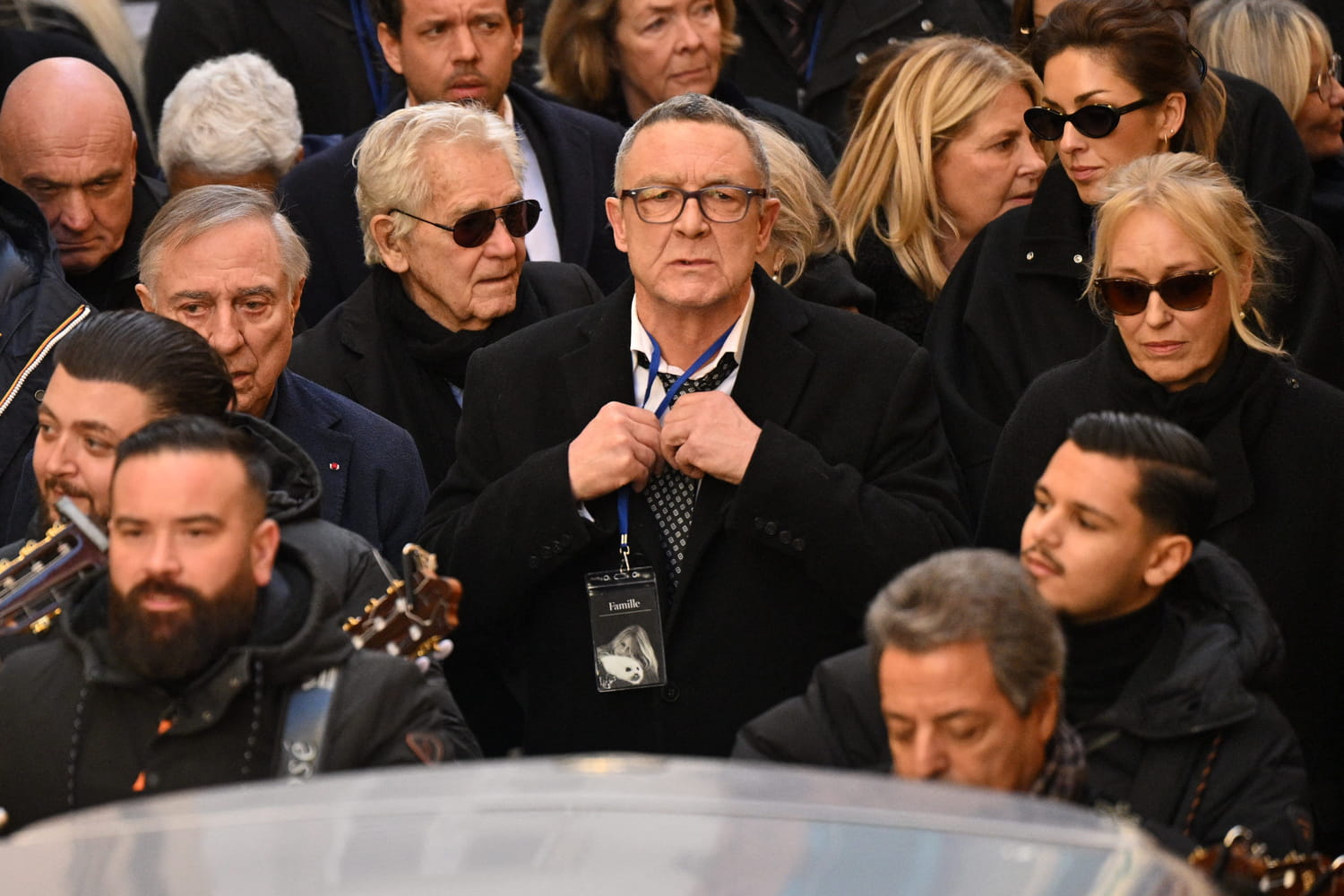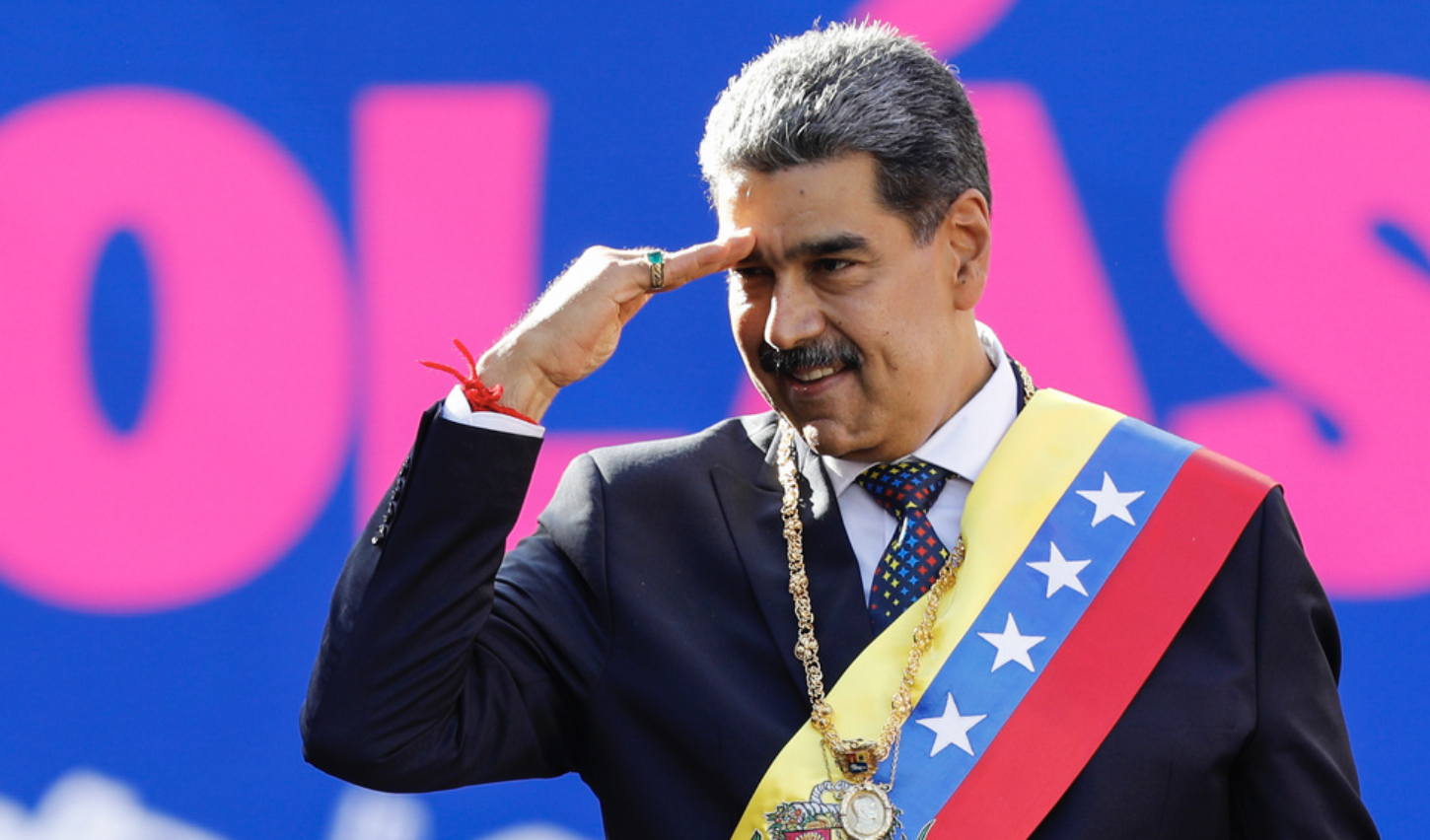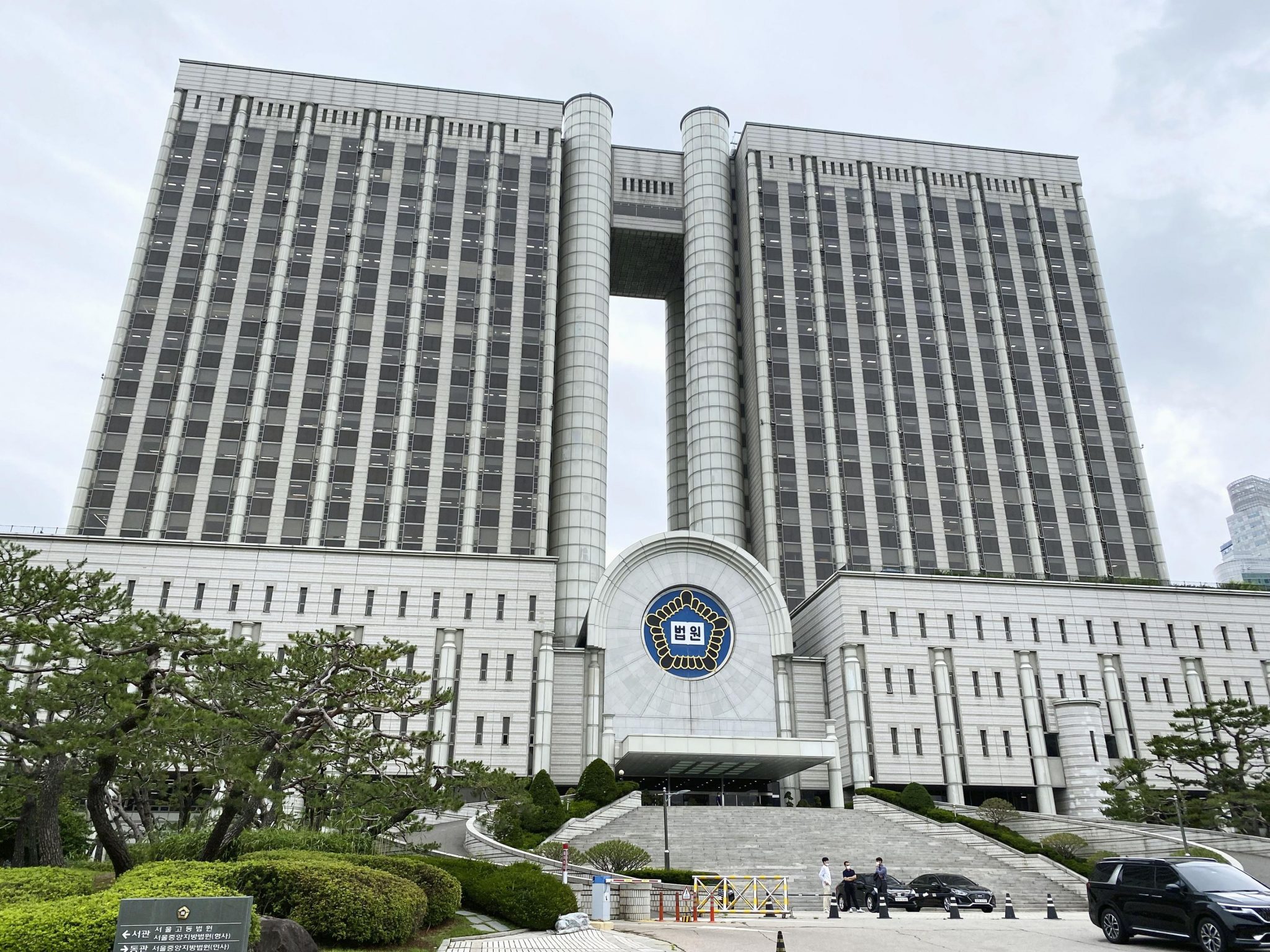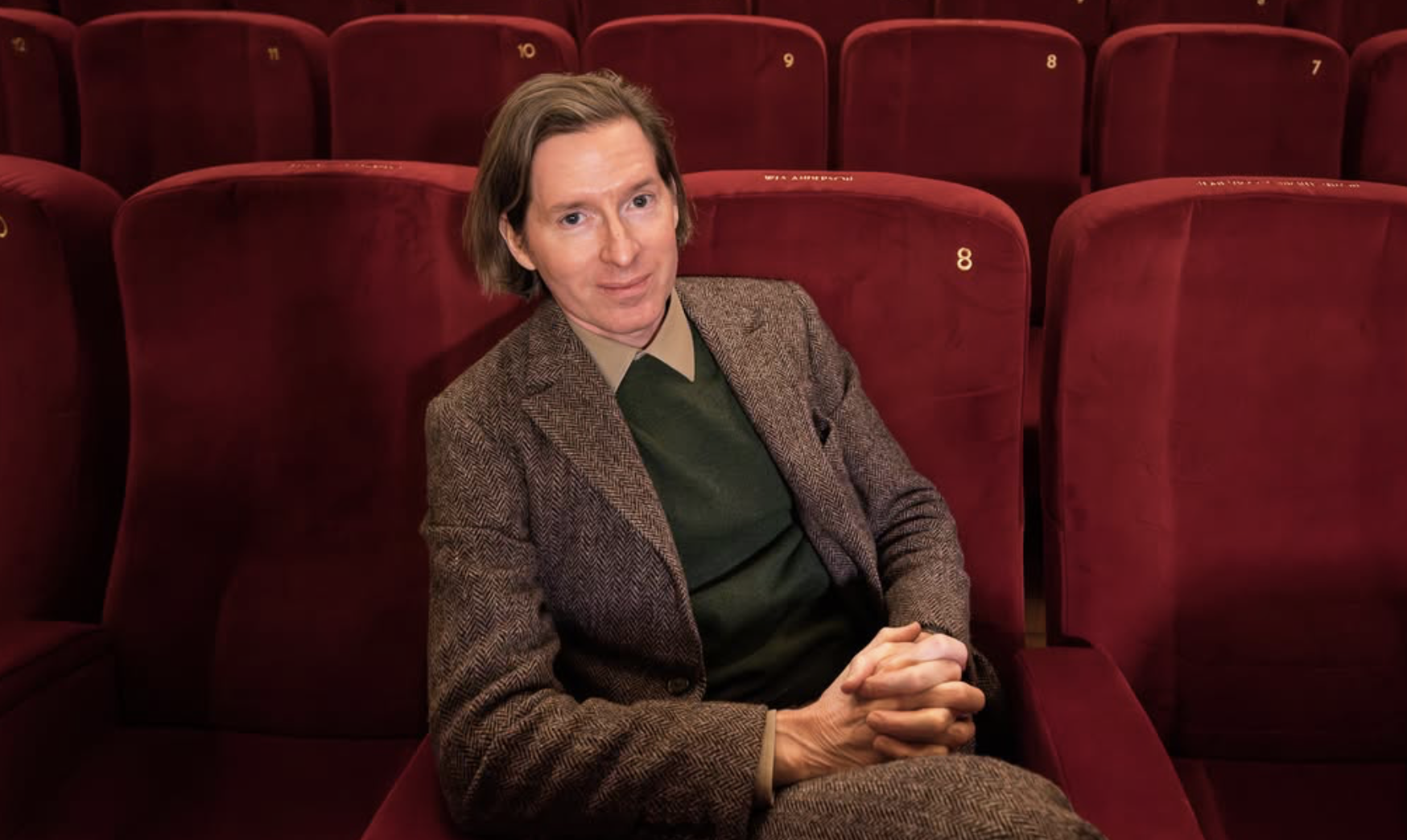What Qualifies You to Win a Nobel Prize?
To win a Nobel Prize, you must first be nominated by someone who meets strict eligibility criteria. You cannot nominate yourself. For the five original categories (Physics, Chemistry, Medicine, Literature, Peace) and the added Economics Prize, the awarding institutions invite certain groups to submit nominations — such as past laureates, professors in relevant fields, members of national assemblies, and others.
Once nominations are in (the deadline is typically January 31 of the award year), committees in each category review them, consult external experts, and narrow down to shortlists. These committees then recommend laureates to the governing bodies (eg the Royal Swedish Academy of Sciences, the Swedish Academy, the Karolinska Institute, or the Norwegian Nobel Committee) for final decision-making.
The selection is not just about technical merit; Often, the work must have broad impact, transformative significance, and enduring influence.
Are There 5 or 6 Nobel Prizes?
Originally, Alfred Nobel’s will be established five prizes: Physics, Chemistry, Physiology or Medicine, Literature, and Peace. The Prize in Economic Sciences (formally “Sveriges Riksbank Prize in Economic Sciences in Memory of Alfred Nobel”) was added in 1968 by Sweden’s central bank and is treated as a companion award rather than a prize established by Nobel’s will.
Thus, each year there are six Nobel-type awards distributed—five traditional plus Economics.
How Much Money Does a Nobel Prize Winner Get?
In 2025, each Nobel laureate will receive 11 million Swedish kronor, which is roughly USD 1.17 million (to be shared among co-winners).
Winners also receive a medal, a diploma, and global prestige. The award money is sometimes split (if multiple laureates) and may come with associated grants or endowed support depending on the discipline.
Why Did Obama Win a Nobel Prize?
Barack Obama was awarded the 2009 Nobel Peace Prize, primarily for what the Norwegian committee cited as “extraordinary efforts to strengthen international diplomacy and cooperation between peoples.” It was awarded early in his presidency, and some critics argue it recognized aspirations more than concrete achievements. Nevertheless, it reflects how the Peace Prize can be forward-looking as well as retrospective.
2025 Nobel Prize in Economic Sciences: Innovation, Disruption & Growth
In October 2025, the Nobel Committee awarded the Prize in Economic Sciences to Joel Mokyr, Philippe Aghion, and Peter Howitt for their groundbreaking contributions to understanding how innovation drives economic development. Their work centers on the concept of “creative destruction,” the idea that new technologies and innovations can disrupt existing economic structures, ultimately fueling long-term growth.
According to CNN’s coverage, the laureates were recognized for offering a deeper theory of how innovation cycles operate, especially in our modern era of rapid technological change. In particular, they explored how innovation arises not just from lone inventors but through institutions, policy, competition, and market dynamics.
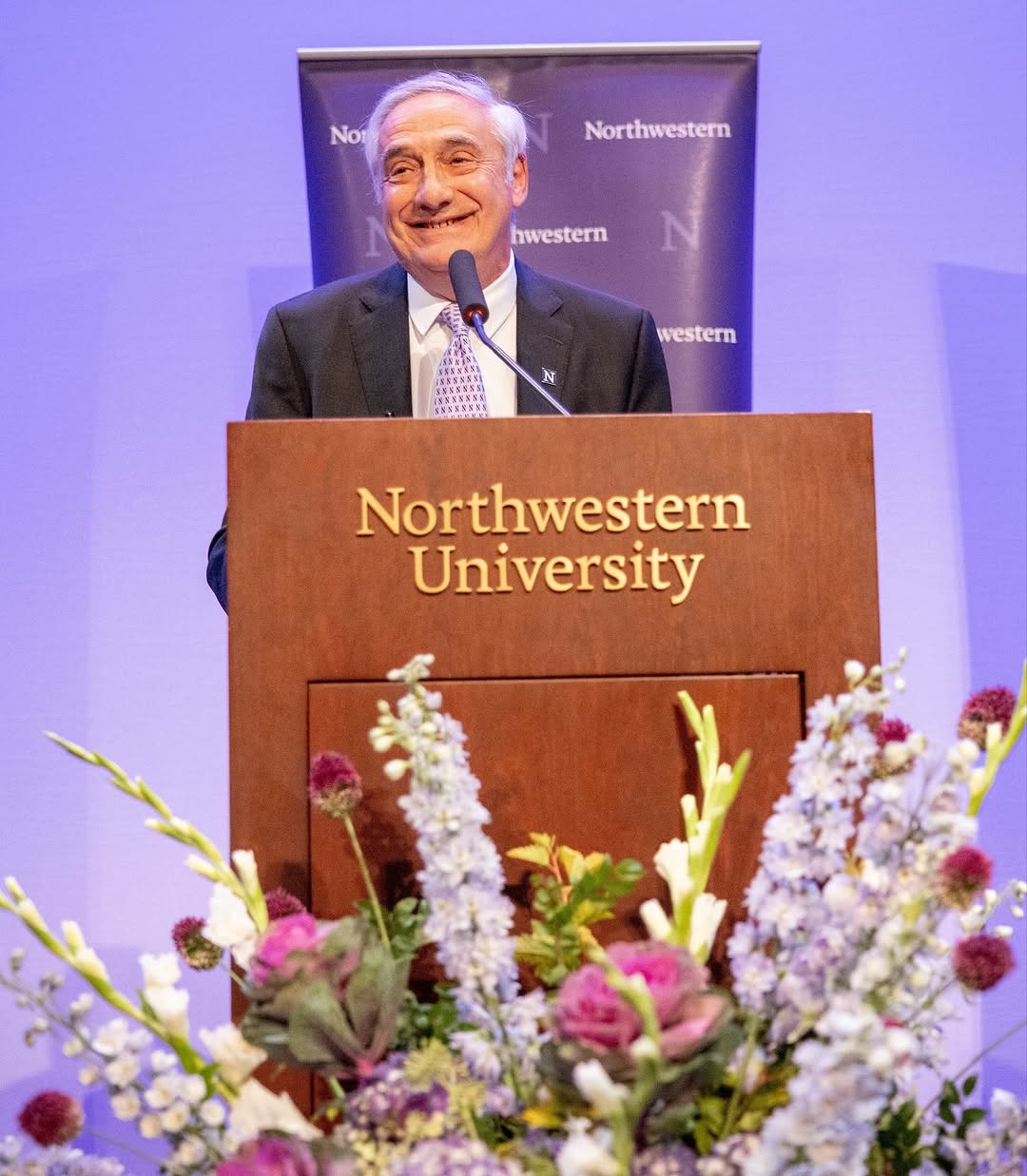
Professor Joel Mokyr
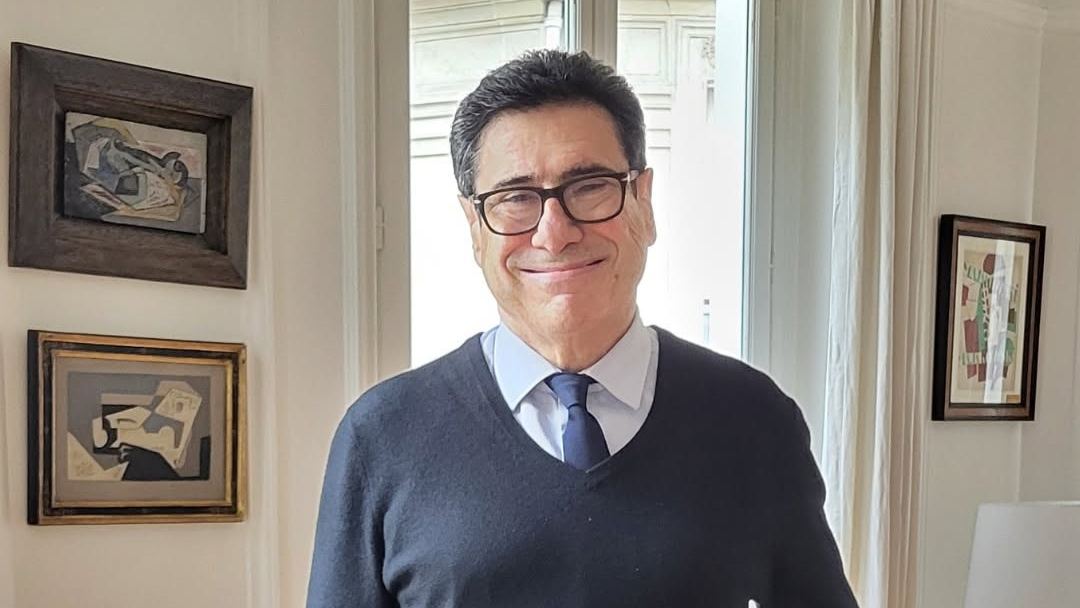
Philippe Aghion
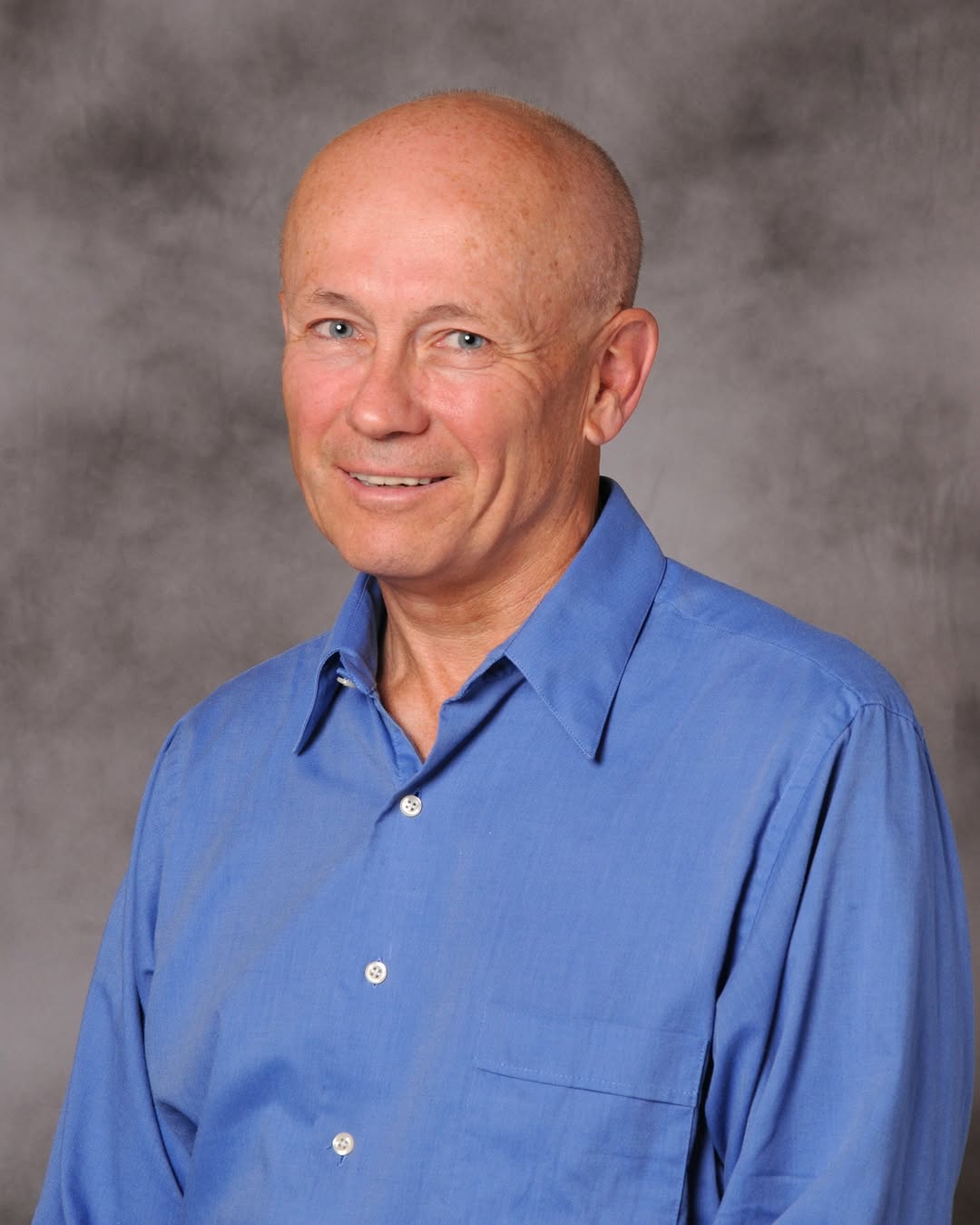
Peter Howitt
The 2025 prize underscores how central innovation is to modern economies, especially in a time of AI, automation, and climate-tech breakthroughs. Their insights help explain why some nations and sectors surge ahead while others lag — and how policy and institutions can tip the balance.
As reported by CNN, the Nobel Foundation emphasizes that their work is especially relevant now, given global challenges like digital transformation, structural change, and the need for sustainable growth. (CNN)
2025 Nobel Peace Prize
The 2025 Nobel Peace Prize was awarded to María Corina Machado, a Venezuelan opposition leader. The committee recognized her for promoting democracy and human rights in Venezuela under authoritarian pressure.
Who Has Refused a Nobel Prize?
A few individuals have refused or declined the honor. The most famous is Jean-Paul Sartre, who refused the 1964 Nobel Prize in Literature, citing his personal philosophy about refusing official honors. Another is Le Duc Tho, who declined the 1973 Nobel Peace Prize (shared with Henry Kissinger), saying peace had not yet been achieved.




